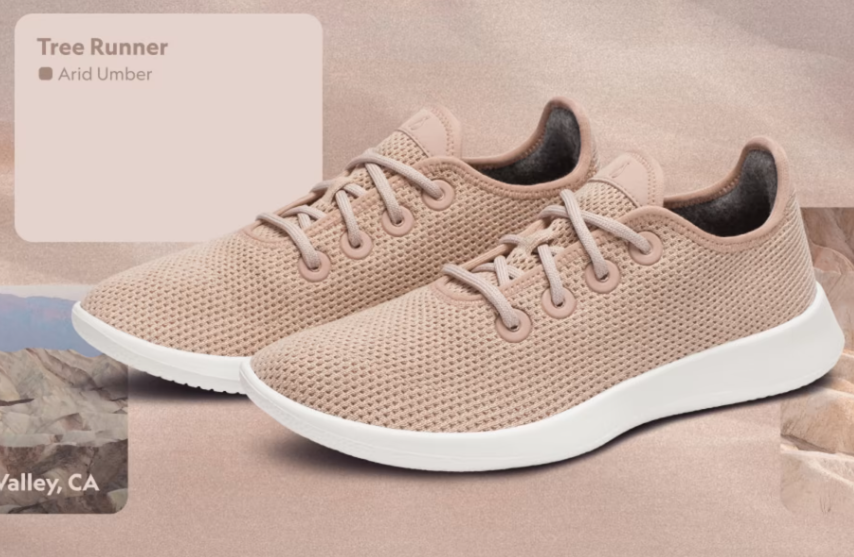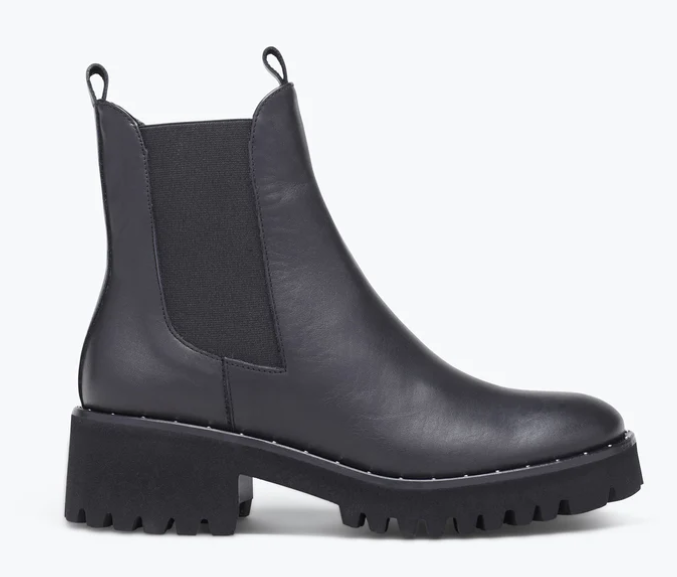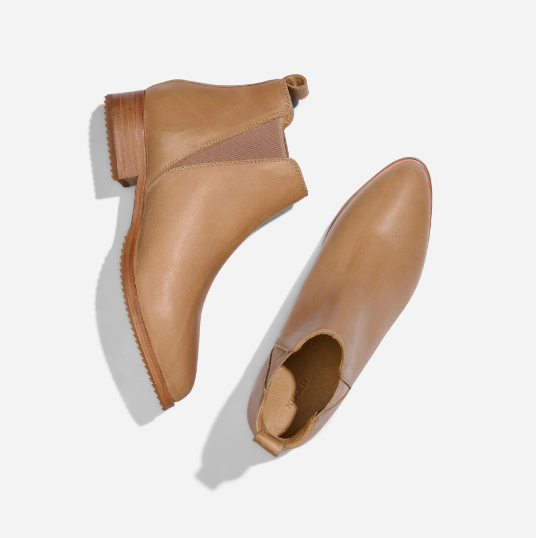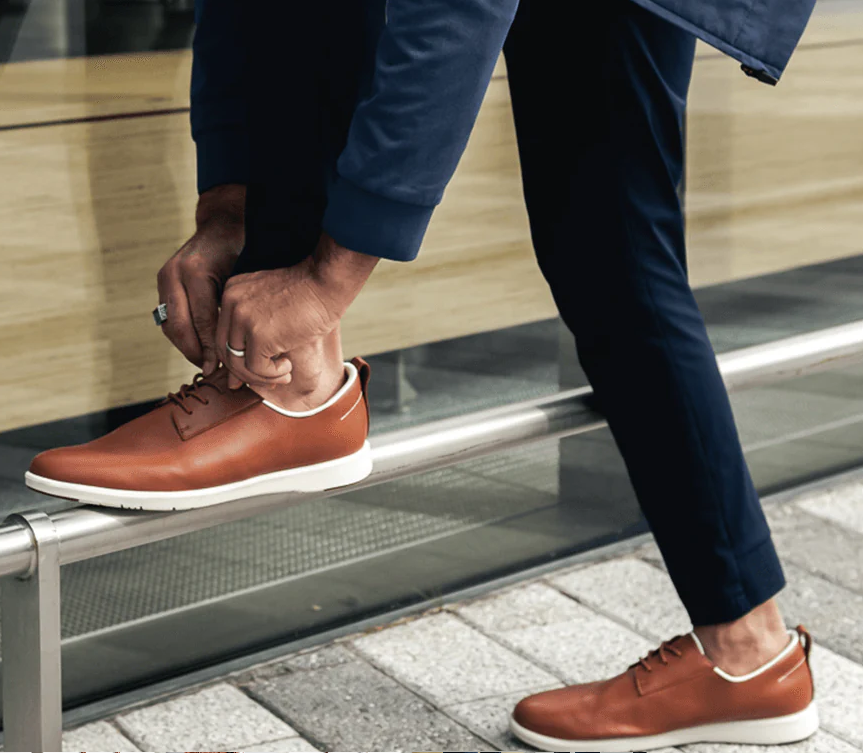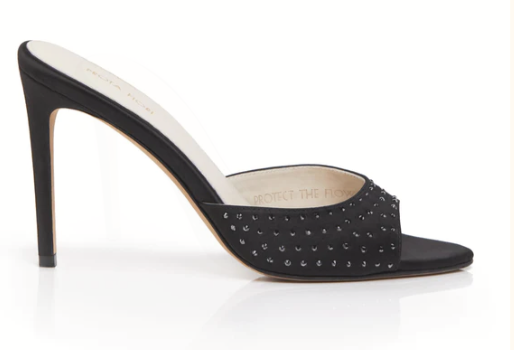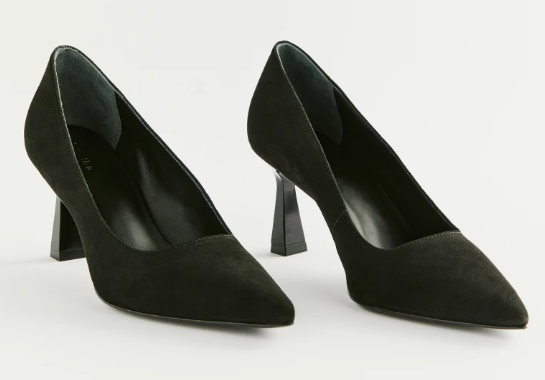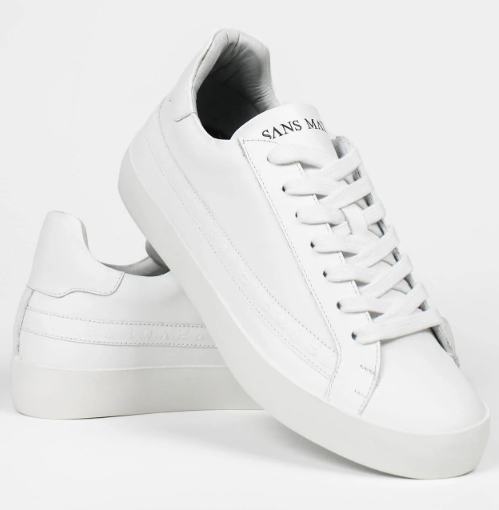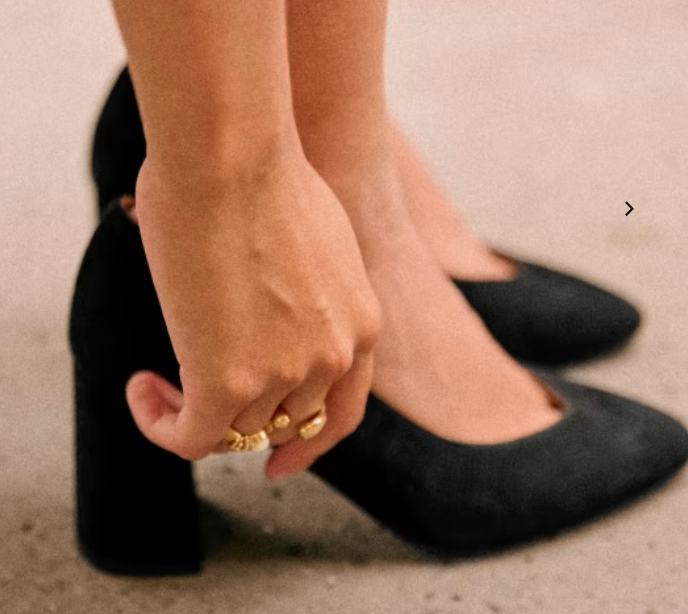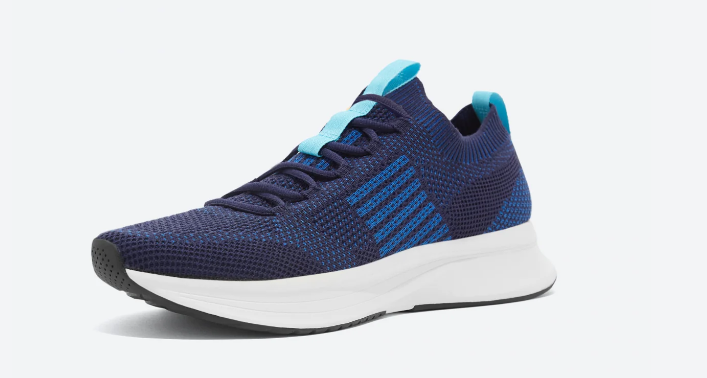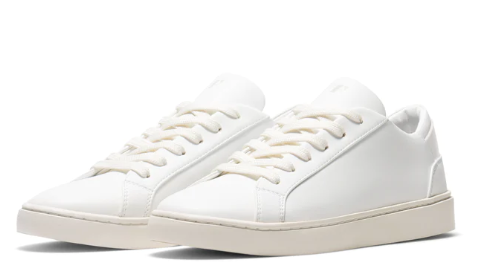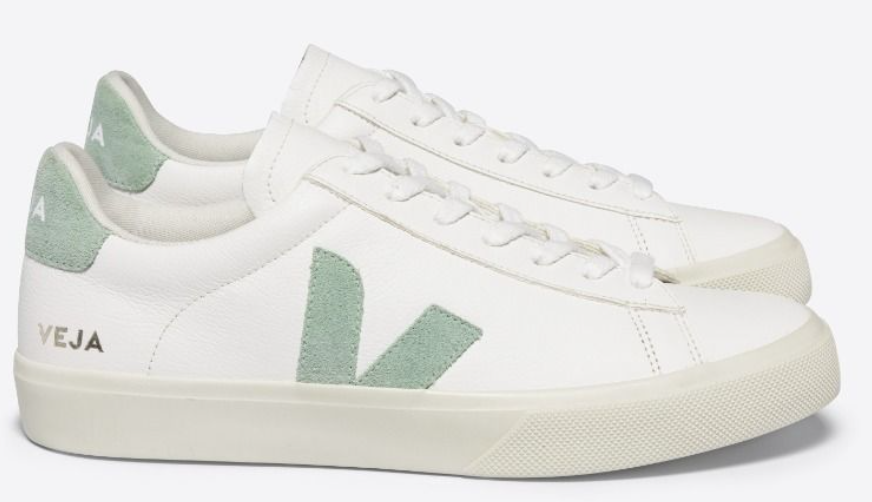Sustainable Shopping Guide: Shoes Edition
In this edition of shopping for sustainable fashion, we’re tackling shoes.
The materials used in shoe production can be just as — if not more — harmful to both the health of the environment as other pieces in our wardrobes, as they are processed to withstand the wear and tear of days on end.
Furthermore, as toxins can be absorbed into the body through dermal exposure, the materials and treatments used in our footwear can have a direct impact on our health, similar to that of the rest of our clothing. Your feet combat the highest stress levels each day from daily movement. Also as the body is designed to protect the heart, any toxins in the body are pushed away the heart and down towards the feet. Therefore, protecting your feet is a major component of achieving full-body health.
Luckily, there are brands pioneering the use of cleaner-choice materials, with both your health and the health of our world in mind. Read on for the brands I recommend, as well as what to look for on your next sustainable shoe shopping endeavor.
What Makes A Shoe “Sustainable”?
Materials
Opt for bio-based materials or responsibly sourced animal leather whenever possible. Bio-based materials may include sugarcane, eucalyptus, castor beans, Tencel, or natural rubber. An example certification to look for is Forest Stewardship Council (FSC), which ensures plant-based materials are responsibly sourced from forests.
How do you know if the leather used was sourced responsibly? The simplest way to know is to look for the Leather Working Group (LWG) certification. The LWG certification focuses on responsibly-made leather by providing supply chain transparency and minimizing the environmental impact of leather production. LWG-certified manufacturers must adhere to a variety of standards, including material traceability, restricting toxin usage (such as chromium), water usage, waste management, energy consumption, effluent treatment, and social workings. Traders in leather supply chains can also be LWG-certified, and adhere to standards in traceability, operations, and waste management.
Avoid “vegan” leathers, unless they are plant-based, as this usually means the product is made from Polyurethane (PU) or Polyvinyl Chloride (PVC) - two plastic-based fabrics whose production is highly toxic to consumers, garment workers, and the environment.
The use of recycled materials is also a positive (although, petrochemical-based materials are best reserved for packaging or accents on shoes).
Production
Support brands that prioritize eco-friendly approaches to shoe manufacturing, such as methods offsetting carbon usage, using renewable energy, supporting regenerative agriculture, sourcing materials and supporting others in the supply chain locally whenever possible, and reducing water and product waste.
In regards to consumer health, look for leather-based items that use vegetable tanning in replacement of chromium tanning, as the use of chromium is a highly toxic process (the LWG certification monitors this).
Labor Practices
In addition to the logistical aspects of shoe manufacturing, it is just as important to support brands that support their workers. Look for brands with certifications such as Fair Trade or SA8000 to ensure they are following fair labor practices (such as, ban discrimination and child labor, and support workers’ livelihood with safe working conditions, providing a liveable wage and enforcing normal working hours).
Overarching Principles
How do you know if the brand has any of the aforementioned aspects? Look for brands with the following sustainability principles:
Transparency → sustainability reports backed up by data are readily available
Traceability → clothing is fully traceable back to the source
Credibility → fabrics and processes are certified by credible sources
Circularity → efforts to recycle and reuse garments when they are at the end of life (ex., take-back programs)
Small batch production → only a few items are launched at a time in a limited supply to combat waste
What Shoe Brands are Sustainable?
Not sure where to start? Listed below are brands I have researched and vetted for the sustainability factors previously discussed, so you don’t have to!
Allbirds is all about sustainable material usage - from FSC-certified Tencel lyocell to Merino wool, their products are made from consciously sourced, renewable fibers. Their current sustainability mission is focused on transitioning to regenerative agriculture and offsetting carbon usage (and they have the sustainability reports to prove it!).
Shop: daily and workout sneakers for men and women
Freda Salvador consciously designs sustainable shoes with a feminine look. Their products are handcrafted in family factories in Spain and El Salvador, where they mindfully source the highest quality LWG-certified leathers. Their pieces are designed to last a lifetime.
Shop: feminine-inspired shoes for women, from sandals to sneakers to boots
Nisolo focuses on the ethical production of shoes (and other accessories) by following the guidelines of the International Labor Organization (ILO) (such as prohibiting child labor, forced labor and discrimination, ensuring clean working conditions, providing a liveable wage, enforcing normal working hours, and ensuring sufficient time off). They also have a strong mission towards combatting climate change by using recycled materials (including in their packaging) and chrome-free dyes in the leather tanning process, as well as using renewable energy in its supply chain.
Shop: an assortment of shoes from sandals to boots for men and women
Ponto is revolutionizing the ‘dress sneaker’ - for when you want to look the part but maintain comfort! They use bio-based materials such as eucalyptus, sugarcane, regenerated Tencel fiber, and recycled leather (bonus! their shoes all have fun sayings inside, such as ‘be where your feet are’).
Shop: business casual sneakers for men and women
PROTA FIORI capitalizes on a feminine approach to sustainability. As the first luxury footwear brand using sustainable materials, they work directly with their suppliers and are involved in every step of production, using locally-sourced plant-based fibers and combatting food waste.
Shop: luxury shoes for women
Reformation now makes shoes (!) - so you know their options are some of the most stylish ones out there. Their shoes are made using materials from LWG-certified tanneries, and made in a fair wage environment. Ref is one of my favorites as they are climate-neutral certified with an aim to be climate positive by 2025.
Shop: on-trend shoes for women
SANS MATIN translates to “Without Morning”, personifying the 'Work Hard, Play Hard' concept. It challenges the traditional workplace norms, providing a casual, sturdy yet stylish alternative for day-to-night dressing. All of their products are ethically handmade using locally sourced, premium leathers. And (bonus!) 2% of your purchase goes to their charities to protect the Amazon Rainforest (amongst other charities).
Use code LYDIAD15 for 15% off
Shop: everyday sneakers for men and women
Sezane is the ultimate French-girl brand. Their consciously-designed shoes are handcrafted in Europe in their Italian, Portuguese and Spanish ateliers, all of which are audited by independent experts, in compliance with the select sustainability standards.
Shop: on-trend shoes for women
The Zen Running Club is pioneering the world of biobased materials, developing running shoes out of eucalyptus, sugarcane, and castor beans (so you know you have a low environmental footprint!). Their mission, “Made from good decisions™” is at the core of everything they do. Local to London? Check out their running club!
Shop: running shoes for men and women
Thousand Fell’s approach to sustainability prioritizes circularity - stopping shoes from ending up in a landfill. They source materials with lower energy, water and carbon footprints that are either biodegradable or easily repurposed into a new pair.
Shop: daily sneakers for men and women
VEJA is a pioneer in the sustainable shoes market. Their products are made in Brazil from Brazilian and Peruvian organic cotton and Amazonian rubber, mixed with recycled materials. They work directly with producers in Brazil and Peru and maintain Fair Trade practices.
Shop: daily and workout sneakers for men and women

